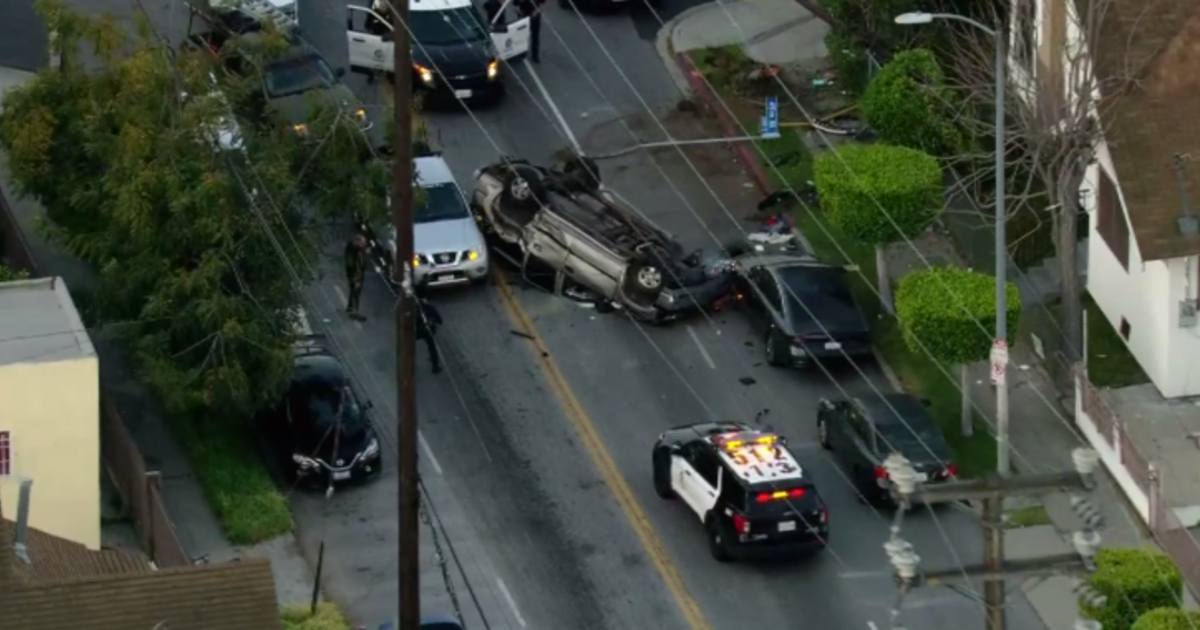'It's A Very Real Problem': Americans Last Month Received More Than 4 Billion Robocalls
LOS ANGELES (CBSLA) — Annoying, persistent and illegal.
What we're referring to are those pesky Robocalls. Last month, it's estimated that Americans received more than 4 billion Robocalls.
"It's a very real problem for people," said Greg Cohn, a Firewall co-creator. "People are actually losing money or getting their identity stolen."
Firewall, a new Robocall app, hit the market late last month and the creators operate out of Atwater Village.
Firewall is a more extreme approach to blocking Robocalls.
"We say 'Hey, all calls are getting blocked or screened unless you specifically tells us that you want that call,' " said Will Carter, a Firewall co-creator.
Users of the app are asked to provide it with a list of callers you always want to ring through.
Then, the app compiles a black list of all Robocalls. Those voicemails are then transcribed on your phone.
The calls that fall within a grey area that don't meet either criteria are sent straight to voicemail.
"There are a lot of unwanted calls that aren't robocalls, right? Like, your gym calling at an inopportune time trying to sell you on a membership," said Carter.
"You're still going to know everyone who calls you, you're going to be able to get what we think is better voicemail transcription and better caller ID on those numbers and you're going to be able to make an informed decision about whether to call that person back," he said.
The app also has a feature called "anonymous calling."
"If you get a call from someone and you are really not sure if you should return it, instead of calling them back with your real phone number and letting them know that you are a real person that they can try to scam, you can call them back with a temporary number," Cohn said.
The app is free for 14 days but after that, it will cost you $3.99 per month.
The FCC is calling on all major phone carriers to do more to block SPAM calls for free and has threatened regulatory intervention if it isn't done by the end of the year.
"Part of the problem is that there isn't any consistent response to all of this," said Ian Sherr of CNET. "I think it is a fair assumption that by the end of this year, things will get better."



